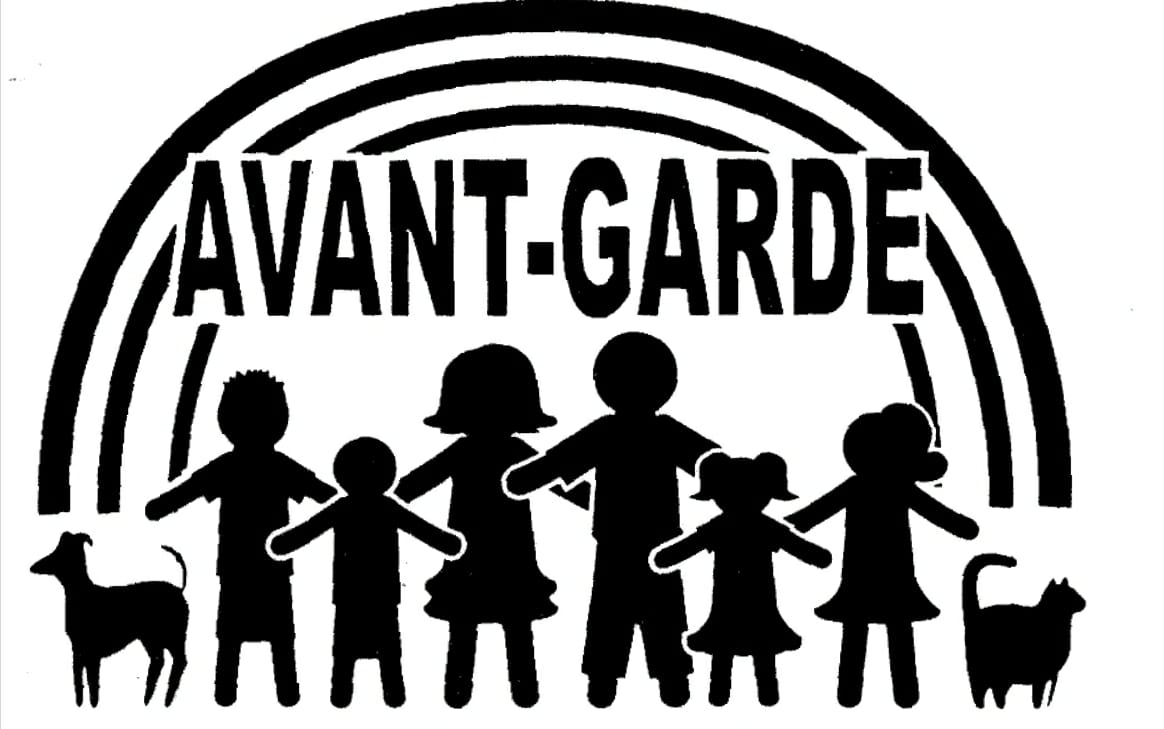
Relationships can flourish or suffer based on our expectations of others. With kids in foster care, you need to be extra aware of your expectations as well as helping the youth in your care set their expectations.
As we enter the holiday season, there are bound to be many opportunities for miscommunication and hurt feelings. The best thing you can do to keep the peace is to manage expectations as best you can.
Behavior
• Be ready for it. The holidays can be extra hard on a child struggling with sadness, loneliness, and insecurities. They’re likely to be feeling conflicted in emotions and loyalties, especially at this time. Worries about their biological family’s safety and well-being are also real. It’s normal to see behaviors such as returning to a past developmental stage, rebellion, or emotional outbursts. Be prepared to react appropriately with compassion and understanding.
• Coach it. Discuss any upcoming events and gatherings and how they are to behave in those settings. A child in foster care may have never attended a formal dinner, a Christmas pageant, or a big family gathering. Coach them ahead of time by practicing using good manners and polite actions. Spell out consequences without threats. Like a good coach, use an “I believe in you” approach.
Family Gatherings

• Prepare the child. Talk about where you’re going, what it will be like, who they will meet, etc. The more they can imagine ahead of time, the calmer they’ll feel about it. Describe the people and kids that will be there. Brainstorm some ideas for how to interact with others until your child feels as confident and comfortable as possible with the upcoming gathering.
• Prepare your family and friends. Inform your extended family of any special needs of the foster youth so no one is caught off guard, causing an awkward moment for everyone. Help your family understand that this child in your care is not an “extra,” but is considered a real member of your family. Gift giving should be equitable among all kids in the family.
• Connect with loved ones. When practical and allowed, help your foster youth connect with their bio family and friends. Set up a luncheon or meet-up where the child is free to express love to those they are missing and exchange gifts or cards.
• Remember to maintain confidentiality. You are not obligated to answer any personal questions about the youth in your care. In fact, you are required to protect their privacy. Be prepared ahead of time with thoughtful answers that stop such conversations. The last thing your foster youth needs at the Thanksgiving dinner table is to be quizzed about his mother. It’s ok to fill in some details ahead of time to avoid day-of confrontations.
Gifts 
• Ask for a wish list. It’s perfectly fine to ask children what they want for Christmas. Kids will give a list that ranges from expensive electronic devices to simple trinkets. Getting a list gives the giver an idea of what the child is “into” at this season of life — if they are passionate about Legos, Harry Potter, or Super Heroes. Maybe they love to read, paint, or make jewelry.
• Make a giving list. Foster youth may have family and friends they care for and wish to acknowledge during the holidays. Help them to list everyone they want to give a gift or card to. Set a realistic budget and determine some appropriate gifts. Besides saving money, helping them to make homemade items will have the extra benefits of building their self-esteem and creating a bonding time for you.
• Set expectations. Don’t judge their wish list based on the dollar value of items. Children have little concept of monetary values. They are not greedy by asking for a computer or bike. What child doesn’t want these things? If you are unable to buy something off the list, it’s ok to let them know that your finances don’t allow for something like that at this time. Knowing ahead will prevent Christmas morning disappointments.
Traditions
• Incorporate theirs. Foster children come from a diverse cultural background that may include different foods and the rituals surrounding them. Each may have something that rings familiar, such as homemade tamales or a special kind of cookie. Ask what traditions are meaningful to them and work them into your own.

• Explain yours. You may practice traditions unfamiliar to the foster child in your care. Tell the stories and meaning behind them. Share your history and the reasons behind your holiday practices with joy, lifting the spirit of the holiday season.
• Blend together. Incorporating each child’s familiar traditions will enhance your own holiday experience while showing the child that they are valued. And including them into yours will give them a sense of belonging. Helping your family to be flexible during this season will enrich the experience for everyone.
The holidays are stressful for most people. For a child in foster care, the holiday season can be sad, confusing, and lonely. By setting your expectations and helping the foster youth have clear expectations, you will eliminate a lot of misunderstandings and make wonderful memories that last a lifetime for everyone.

Article written by Cindy White Horvath. She can be reached at cindy@avgffa.org


